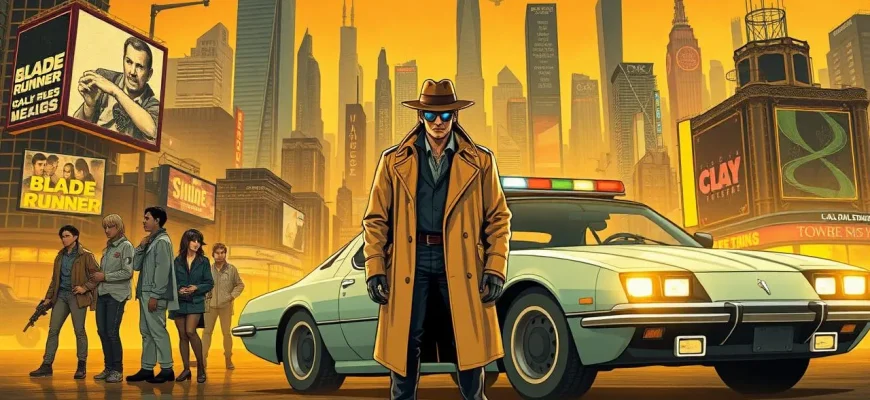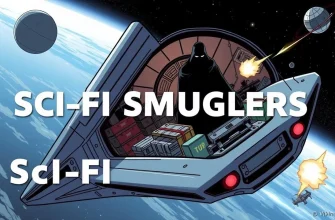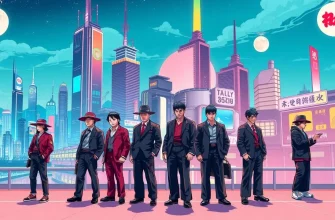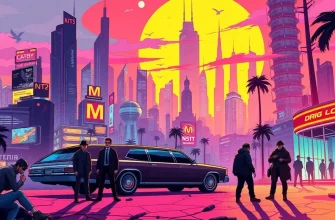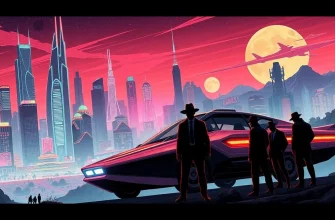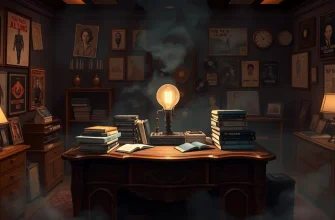Fancy a cinematic journey where the boundaries of reality blur with futuristic crime? This collection of 10 sci-fi crime films is a treasure trove for those who love the thrill of the chase set in worlds beyond our own. From mind-bending heists to dystopian law enforcement, these films not only entertain but also provoke thought about the future of crime and justice. Whether you're a fan of high-tech gadgets, time-traveling thieves, or cyberpunk aesthetics, this list has something for every sci-fi enthusiast looking for a criminal twist.
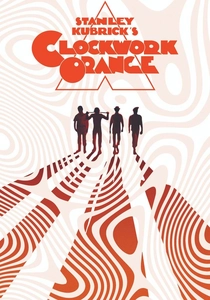
A Clockwork Orange (1971)
Description: Stanley Kubrick's adaptation of Anthony Burgess's novel presents a dystopian future where a young delinquent undergoes experimental aversion therapy to cure his violent tendencies.
Fact: The film was banned in several countries due to its graphic violence, but it has since become a cult classic.
 Watch Now
Watch Now
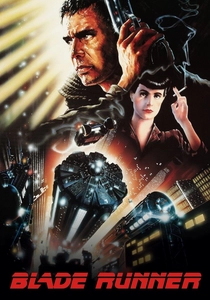
Blade Runner (1982)
Description: In a dystopian future, Rick Deckard, a "blade runner," hunts down bioengineered beings known as replicants. The film delves into themes of identity, humanity, and crime in a futuristic setting.
Fact: The film's director, Ridley Scott, was inspired by the novel "Do Androids Dream of Electric Sheep?" by Philip K. Dick. The term "Blade Runner" was not from the book but was borrowed from a different, unrelated script.
 Watch Now
Watch Now
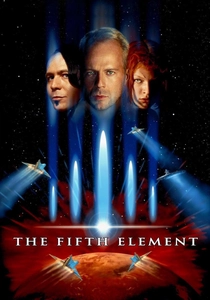
The Fifth Element (1997)
Description: A taxi driver in a futuristic New York City gets caught up in a cosmic battle between good and evil, with elements of crime and high-tech adventure.
Fact: The film's costumes were designed by Jean-Paul Gaultier, adding to its unique visual style.
 Watch Now
Watch Now

Gattaca (1997)
Description: In a future where genetic engineering determines one's social status, Vincent Freeman assumes the identity of a genetically superior man to pursue his dream of space travel, involving identity theft and deception.
Fact: The film's title is based on the four nitrogenous bases of DNA: guanine, adenine, thymine, and cytosine.
 Watch Now
Watch Now
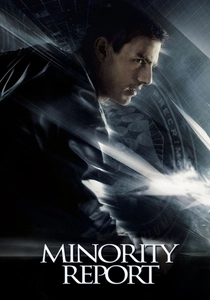
Minority Report (2002)
Description: Set in a future where crimes are predicted before they happen, this film explores the moral and ethical dilemmas of pre-crime policing. Tom Cruise's character, John Anderton, becomes a fugitive from his own system, making it a perfect fit for this list.
Fact: The film was based on a short story by Philip K. Dick. The technology used in the movie, like the gesture-based computer interface, inspired real-world tech developments.
 Watch Now
Watch Now
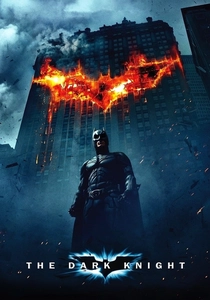
The Dark Knight (2008)
Description: While not strictly sci-fi, this film's portrayal of Gotham's crime and Batman's high-tech gadgets and psychological warfare make it a fitting inclusion. The Joker's anarchic crime spree adds a futuristic criminal element.
Fact: Heath Ledger's performance as the Joker won him a posthumous Academy Award for Best Supporting Actor.
 Watch Now
Watch Now
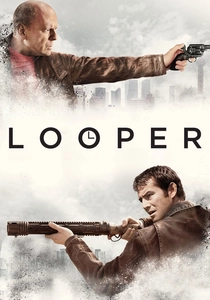
Looper (2012)
Description: Time travel meets organized crime in this film where hitmen, known as "loopers," kill targets sent from the future. When Joe's future self is sent back, he must confront his past and future crimes.
Fact: The film's director, Rian Johnson, wrote the script specifically for Joseph Gordon-Levitt, who plays the younger version of Bruce Willis's character.
 Watch Now
Watch Now
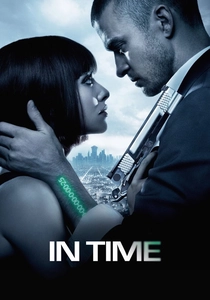
In Time (2011)
Description: In a world where time is currency, Will Salas becomes a fugitive after he inherits a fortune in time. This film explores crime, wealth disparity, and the lengths one will go to survive in a dystopian society.
Fact: The film was shot in Los Angeles, but the city was digitally altered to look like a futuristic metropolis.
 Watch Now
Watch Now

Brazil (1985)
Description: Terry Gilliam's dark comedy about a bureaucratic dystopia where a low-level government employee becomes an accidental terrorist and fugitive, highlighting the absurdity of crime and punishment in a futuristic society.
Fact: The film was heavily edited by Universal Studios, leading Gilliam to disown the studio's cut.
 30 Days Free
30 Days Free
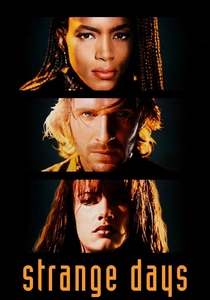
Strange Days (1995)
Description: Set in a near-future Los Angeles, this film involves a black market for recorded memories, where a former cop gets entangled in a murder investigation, exploring themes of voyeurism, crime, and technology.
Fact: The film was directed by Kathryn Bigelow, who would later become the first woman to win an Academy Award for Best Director.
 30 Days Free
30 Days Free

